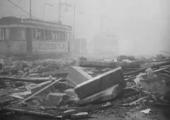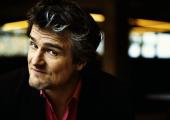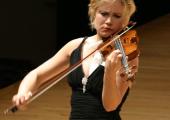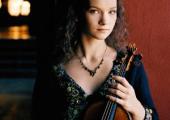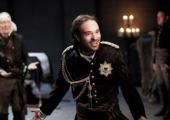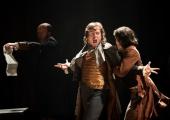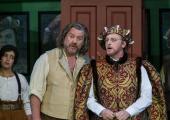My Summer Reading: Theatre Designer Tobias Hoheisel
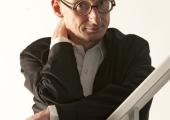
Proust, Amos Oz and research into Anne Boleyn for the next opera design
Third in our summer book extracts series is the theatre designer Tobias Hoheisel, whose designs for Glyndebourne Opera's Janáček productions remain iconic, and more recently designed English National Opera's Boris Godunov.
Born in Frankfurt, Hoheisel trained in design in Berlin and was strongly influenced by the theatre of Peter Stein/Karl-Ernst Herrmann, Luc Bondy, Robert Wilson and Ariane Mnouchkine. Patrice Chereau’s Ring cycle in Bayreuth and the world-class Berlin orchestras inculcated in him a love of opera and music.

